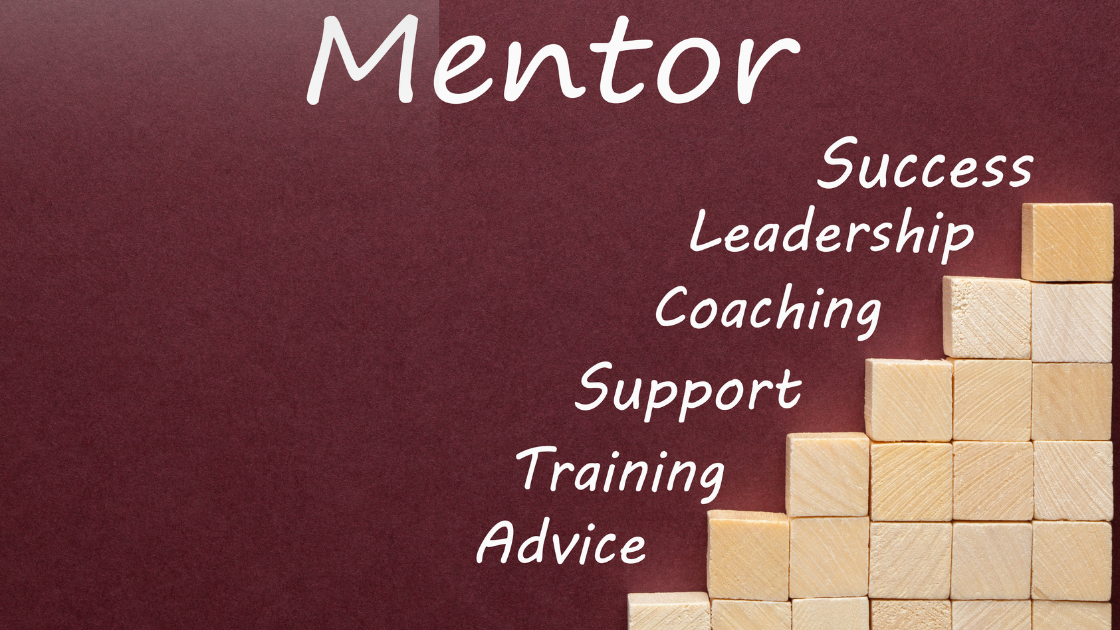How Small Businesses Can Create Lean but Powerful Business Plans That Drive Success: Insights from Zeeshan and Karina Hayat

For small businesses, every decision carries weight. Limited resources, tight budgets, and competitive pressures make it essential for entrepreneurs to plan carefully without overcomplicating the process. While corporate giants may invest months in building extensive business plans, small business owners benefit more from lean and practical strategies that focus on execution. A lean business plan doesn’t mean less thought—it means more clarity, more focus, and more adaptability, which are the exact qualities small businesses need to succeed.
Moving Away from Overcomplicated Plans
Many small business owners fall into the trap of believing that a lengthy, traditional business plan is necessary to gain credibility or secure funding. In reality, overly detailed documents can drain valuable time and energy that could be spent testing the market, serving customers, or improving products. The goal isn’t to impress with the number of pages but to provide a clear roadmap that defines purpose, direction, and action steps. Lean planning ensures that businesses remain strategic while keeping agility intact.
Defining the Core Vision
At the heart of a lean business plan is a strong, well-defined vision. Small businesses should begin by asking themselves what problem they are solving, who they are solving it for, and how they create unique value. A clear mission statement and value proposition act as the foundation of the plan. They provide guidance for decision-making, keep the team aligned, and communicate to customers why the business matters. By starting with vision, entrepreneurs create a framework that supports all other aspects of planning.
The Power of One-Page Plans
One of the most effective tools for small businesses is the one-page business plan, often structured using frameworks like the Lean Canvas or Business Model Canvas. These visual templates condense strategy into key building blocks such as customer segments, revenue streams, and cost structures. By fitting the essentials onto one page, entrepreneurs can easily identify gaps, make adjustments, and share the plan with employees or partners. The simplicity of this approach prevents overwhelm and encourages frequent updates as the business evolves.
Focusing on What Matters Most
Lean planning forces small business owners to prioritize. Instead of getting lost in hypothetical five-year forecasts or complex operational details, entrepreneurs can focus on immediate objectives that drive results. This includes understanding customer needs, creating a compelling product or service, and developing channels to reach the target market. When resources are limited, focusing on what matters most ensures that energy is directed toward the activities that have the greatest impact on growth and sustainability.
Using Real-Time Data and Feedback
Unlike traditional business planning, which relies heavily on projections, lean planning emphasizes real-world validation. Small businesses can leverage customer feedback, sales data, and digital analytics to shape their strategies. For example, instead of assuming what customers want, owners can run quick surveys, test product variations, or track online engagement to gain insights. This feedback-driven approach not only reduces risk but also enables businesses to adapt quickly. The ability to pivot based on real-time data is often the difference between success and stagnation.
Financial Simplicity with Clarity
Finances are a crucial part of any business plan, but small businesses don’t need complex financial models to make informed decisions. Instead, a lean financial plan should include clear revenue goals, projected expenses, and a break-even analysis. Keeping numbers simple and easy to track allows entrepreneurs to monitor performance without becoming overwhelmed. By reviewing finances regularly, small business owners can spot issues early and make adjustments before problems grow too large.
Engaging Teams and Stakeholders
A lean business plan isn’t just a document—it’s a tool for communication. Sharing a clear, concise plan with employees, partners, and investors fosters alignment and collaboration. For team members, it ensures that everyone understands the business goals and how their contributions fit into the bigger picture. For external stakeholders, it demonstrates focus, credibility, and adaptability. In both cases, a lean plan builds trust and confidence without overwhelming anyone with unnecessary complexity.
Common Pitfalls to Avoid
Even with lean planning, small businesses must watch out for common pitfalls. One mistake is treating the plan as a one-time exercise instead of an evolving guide. Another is focusing too much on short-term tactics while neglecting long-term direction. Some owners also fall into the trap of writing plans that look good on paper but lack actionable steps. The best plans strike a balance: they are flexible enough to adapt yet grounded enough to provide structure and accountability.
Lean Planning as a Competitive Advantage
In today’s fast-paced business landscape, the ability to adapt quickly is often more valuable than having a perfect plan. Small businesses that embrace lean planning can move faster, respond to customer needs more effectively, and stay competitive against larger organizations with more resources. A lean business plan empowers entrepreneurs to focus on execution while keeping the bigger vision in sight. In this way, lean planning becomes more than just a strategy—it becomes a competitive advantage.
The Path Forward for Small Businesses
The future of small business planning is about agility, simplicity, and clarity. Entrepreneurs no longer need to choose between rigid, lengthy documents and no planning at all. By adopting lean and powerful planning methods, small business owners can gain the structure they need while maintaining the flexibility required to thrive. Success comes from using a plan not as a static document, but as a living strategy that grows alongside the business. For small businesses, this approach provides the clarity to act today and the adaptability to succeed tomorrow.
About The Hayats
Karina and Zeeshan Hayat are entrepreneurs with a long-standing track record of driving innovation and creating meaningful social impact. With over 20 years of experience across various sectors, they have co-founded and led several digital ventures focused on sustainable growth and business development. Known for their strategic thinking and ability to help organisations expand effectively, they also dedicate time to mentoring emerging business leaders. Their commitment to giving back is reflected in their work with 100 Meals a Week, a charitable initiative supporting underserved communities in Vancouver’s Downtown Eastside and parts of Florida.












